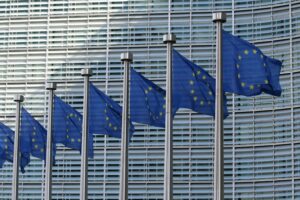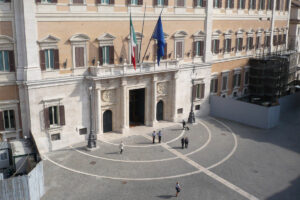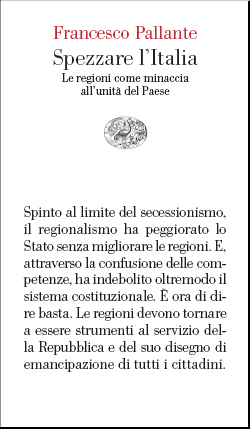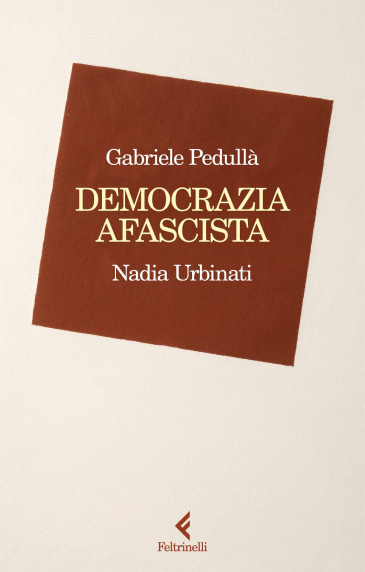 L’ultimo tentativo dei magistrati romani per aggiungere qualche tassello di verità all’omicidio di Aldo Moro passa per una rogatoria negli Stati Uniti d’America. Il sostituto procuratore Luca Palamara, tramite il ministero della Giustizia, ha chiesto alla «competente autorità giudiziaria» americana di rintracciare e poter interrogare Steve Pieczenik, cittadino statunitense, già assistente al Sottosegretario di Stato nel governo di Washington, nonché ex capo dell’Ufficio per la gestione dei problemi del terrorismo internazionale del Dipartimento di Stato. Subito dopo il sequestro del presidente della Democrazia cristiana per mano delle Brigate rosse, avvenuto il 16 marzo 1978 con la strage dei cinque uomini della scorta, l’esperto antiterrorismo fu inviato a Roma per fornire assistenza al governo italiano nella gestione della crisi. E lo stesso Pieczenik ha raccontato in più occasioni di aver collaborato con l’allora ministro dell’Interno Francesco Cossiga. Almeno fino alla metà di aprile, quando fece ritorno negli Usa.
L’ultimo tentativo dei magistrati romani per aggiungere qualche tassello di verità all’omicidio di Aldo Moro passa per una rogatoria negli Stati Uniti d’America. Il sostituto procuratore Luca Palamara, tramite il ministero della Giustizia, ha chiesto alla «competente autorità giudiziaria» americana di rintracciare e poter interrogare Steve Pieczenik, cittadino statunitense, già assistente al Sottosegretario di Stato nel governo di Washington, nonché ex capo dell’Ufficio per la gestione dei problemi del terrorismo internazionale del Dipartimento di Stato. Subito dopo il sequestro del presidente della Democrazia cristiana per mano delle Brigate rosse, avvenuto il 16 marzo 1978 con la strage dei cinque uomini della scorta, l’esperto antiterrorismo fu inviato a Roma per fornire assistenza al governo italiano nella gestione della crisi. E lo stesso Pieczenik ha raccontato in più occasioni di aver collaborato con l’allora ministro dell’Interno Francesco Cossiga. Almeno fino alla metà di aprile, quando fece ritorno negli Usa.
Nei trentasei anni di inchieste, processi, ricerche e pubblicazioni sul caso Moro, il nome dell’americano di origini russo-francesi, nato nel 1943 nella Cuba pre-Castro, è venuto spesso alla ribalta, per il ruolo svolto nell’ombra. Sarebbe stato lui a indirizzare non solo le scelte di Cossiga (per esempio nel sostenere che le lettere dell’ostaggio dalla «prigione del popolo» non erano «moralmente ascrivibili» a lui), ma anche quelle del «comitato di crisi» insediato al Viminale all’indomani del rapimento. Dall’archivio del ministero è saltata fuori anche una relazione a lui attribuita, in cui si analizzavano le eventuali conseguenze politiche dell’azione terroristica in corso. Mai però Pieczenik è stato interrogato dagli inquirenti, né dalle varie commissioni parlamentari che si sono occupate del caso Moro. Nel 1988 la commissione stragi aveva deciso di convocarlo, ma dopo una prima dichiarazione di disponibilità il testimone declinò l’invito.
Per contro non sono mancati libri e interviste; ecco perché la Procura di Roma vuole interrogarlo. «Questo ufficio sta nuovamente indagando sull’omicidio dell’onorevole Aldo Moro, che tanto scalpore ebbe e continua ad avere nella storia italiana», ha scritto il pubblico ministero Palamara nel documento inviato negli Usa. Soprattutto dopo che nuove «rivelazioni», o presunte tali (alcune delle quali hanno preso la strada della denuncia per calunnia, dopo che è stata verificata la loro inattendibilità), «intendono affermare il coinvolgimento di soggetti esterni ai terroristi» nella gestione del sequestro. Tra gli elementi apparentemente più seri o fondati acquisiti dal magistrato c’è una conversazione tra Pieczenik e Giovanni Minoli, trasmessa dall’emittente Radio24 , in cui l’esperto ha parlato di «manipolazione strategica» degli eventi «al fine di stabilizzare la situazione italiana», nella quale il Pci di Enrico Berlinguer rischiava di acquisire un peso sempre maggiore. Ipotesi poco gradita al governo statunitense.
La «manipolazione» ammessa da Pieczenik anche in alcuni volumi passava dalla conduzione di una trattativa con i brigatisti in cui lo Stato doveva irrigidire sempre più la propria posizione, per spingere i carcerieri di Moro a uccidere l’ostaggio: «Aldo Moro era il fulcro da sacrificare attorno al quale ruotava la salvezza dell’Italia», ha ripetuto l’uomo nell’intervista a Radio24 . Una rivendicazione della «linea della fermezza» che però si mescola ad alcune anomalie ed interrogativi ancora aperti, elencati nella richiesta di assistenza giudiziaria della magistratura romana agli Usa. A cominciare dalla presenza nel famoso «comitato di crisi» istituito da Cossiga, col quale evidentemente Pieczenik ebbe rapporti, di molti personaggi poi risultati iscritti alla Loggia P2 di Licio Gelli, come i responsabili dei servizi segreti dell’epoca. O ancora, l’ipotesi che «una qualche forma di “direzione” esterna dell’intera operazione abbia in qualche modo impedito la scoperta della prigione di Moro, e sia intervenuta per ostacolare la ricerca di una soluzione “politica” dell’intera vicenda». Più o meno quello che l’uomo venuto dagli Usa ha confessato a giornalisti e scrittori, e che adesso i magistrati vorrebbero verbalizzare ufficialmente, chiedendo anche dettagli in più. Anche se sono passati trentasei anni. E chissà se la domanda trasmessa a Washington avrà mai una risposta.
Difendiamo la Costituzione, i diritti e la democrazia, puoi unirti a noi, basta un piccolo contributo




